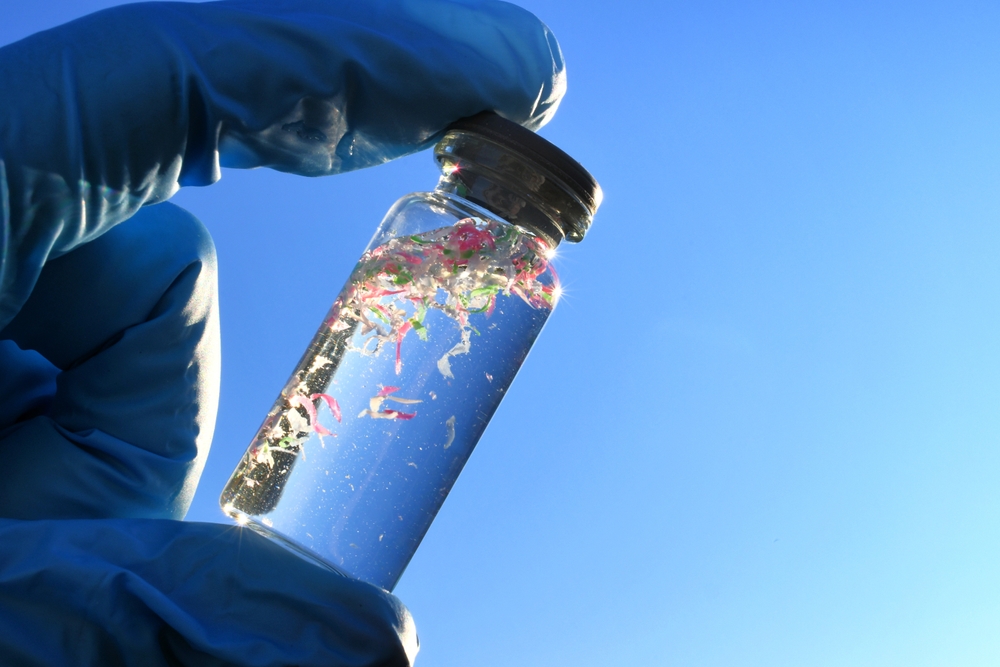The safeguarding of water quality is an environmental challenge that’s been in the news a lot in recent years. The pressures that agriculture and urbanisation place on our systems and waterways mean contamination can often occur.
But what steps can be taken to reduce pollution caused by wastewater specifically?
- Improved wastewater treatment
Where viable, switching from traditional septic tanks to sewage treatment plants is a positive step. By generating bacteria via aeration, these systems clean liquid effluent to a standard approved by the Environment Agency. This wastewater is safe enough to be discharged into ditches, streams and lakes with running water. And of course, this is a far more eco-friendly alternative to filtering raw sewage through the ground.
- Reduce pollution at source
A logical way to reduce wastewater contamination is by limiting the amounts of pollutants that enter the system in the first place. Among the list of things you should never flush into your system are substances such as:
- Chemicals, paints and solvents (which can damage components and the tank itself)
- Pharmaceutical products (which may contain substances harmful to the environment)
- Antibacterial products (which can harm the bacteria that clean the waste in the system and reduce effectiveness)
- Cooking fat, oil and grease (which can block pipes and restrict flow)
By taking positive steps to cut down on pollution at the source, we can lessen the environmental impact of wastewater.
- Education, awareness and conservation
As with any significant ‘green’ improvements, it may seem that the best way to reduce wastewater pollution is via infrastructure and policy. But that doesn’t mean that we can’t play our part as individuals and communities. Public participation and raising awareness help achieve measurable results and empower people to make responsible choices. Possible positive steps include:
- Small changes in daily habits (such as using less water for bathing, laundry and dishwashing, to reduce strain on systems)
- Increased awareness of the effects of wastewater pollution (like ecosystem damage and depletion of biodiversity)
- Education campaigns in schools and community groups (to improve understanding of the potential issues)
Lessening wastewater pollution requires a balanced mix of technology, regulation, conservation and individual responsibility. UK households and commercial property owners can contribute by ensuring that their systems are correctly maintained and functioning.
Time to tackle wastewater pollution?
Wastewater pollution remains a pressing environmental issue that needs addressing continually to ensure a cleaner, safer water future. We’re committed to helping people reduce their impact through professional guidance, optimal system installation, maintenance and education. If you’d like to know more about effective ways of tackling wastewater pollution, please get in touch today.
